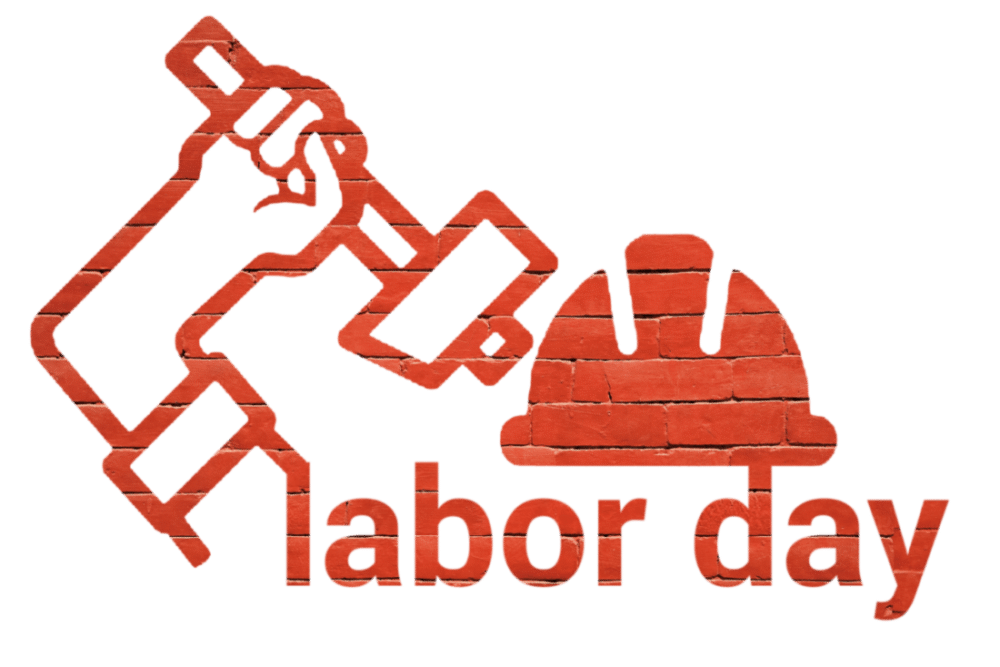By Arin Norijanian, Esq.
We just celebrated the Labor Day holiday. A time for barbecues, beach trips, weekend getaways and other fun ways to mark the end of summer. What often gets lost amidst all the celebrations, though, is the thing that Labor Day is actually meant to celebrate – the achievements of the American worker.
The Labor Day holiday has its roots in the Industrial Revolution, which created extraordinarily poor working conditions for the ordinary worker. In fact, today’s workers can thank our protesting Industrial Revolution cousins for the working conditions that are now taken for granted.
In honor of Labor Day, now is a great time to think about your labor policies. Take a few minutes and ask yourself the following questions:
1. When was the last time you updated your employment handbook and policies? Labor and employment laws are constantly changing. If you haven’t reviewed these in the past few months, they’re probably out of date. Many laws went into effect this year and more will do so soon. For example:
If you have at least five employees you must provide sexual harassment training to supervisors and nonsupervisory employees by January 1, 2020.
Since January 1, 2019 you have been required to provide an area other than a bathroom where lactating employees can express breast milk.
Racial discrimination based on natural hair is now against the law in California. If your company has a dress/grooming code, be sure it meets this standard.
2. Are your employees signing arbitration agreements with class action waivers? If not, consult your attorney to discuss the considerable advantages of doing so. If they are, when was the last time the arbitration agreement was updated? The law on arbitrations is quickly evolving and the agreements should be consistently maintained.
3. How are you tracking employee time? If you are tracking time by using written timesheets, which are difficult to create, maintain and store, please consider transitioning to mobile software. There are many options for easy-to-use time keeping software at reasonable prices. If done properly, the software not only provides accurate time data, it can provide a record for defending wage and hour claims. For example, the software can alert your employees to take meal and rest breaks, require them to acknowledge taking meal and rest breaks and generally track your employees’ time and whereabouts.
Although the cost is much higher than using written timesheets, it will eventually pay off in terms of less litigation in the future.
Of course, these three questions only address a fraction of the labor policies that should be tracked, optimized and kept up-to-date. If you have any questions about employment law compliance or preventative practices, give us a call. Cheers!

Mr. Norijanian’s experience in the employment arena includes conducting internal investigations, negotiating with labor bargaining units, and conducting training sessions for human resources personnel. Additionally, Mr. Norijanian provides advice and counsel to employers on various employment-related issues, including workplace investigations, disciplinary matters, leaves of absence, severance agreements, and review of policies.

